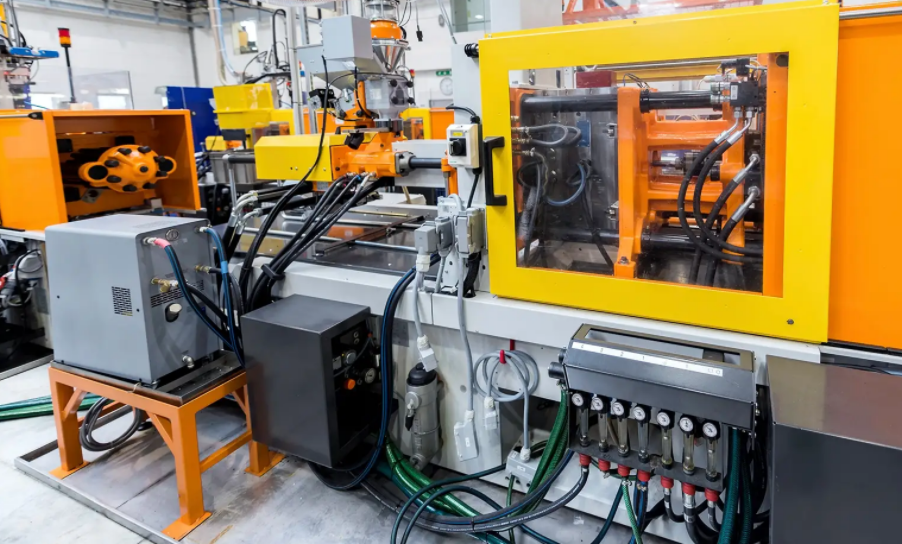After the injection mold is processed, the mold trial is the last step to check. Whether the mold can produce qualified products, you will know all by trying it. It can be said that the mold trial is a comprehensive inspection of our mold development and design. The results of the mold trial will directly affect the production and quality of the products.
Why test the mold?
The mold is a precision instrument, and some problems in the production process are not easy to find with the naked eye. Moreover, precision tools need to be modified many times to become qualified, and some small problems must be found and solved before production. During the manufacturing process, it is very likely that the storage process cannot be processed, so it is necessary to go through a mold testand then analyze, evaluate, and optimize according to the samples produced by the test mold to meet the high-quality requirements. However, most defects in molded products are caused in the plasticizing and injection molding stages, and may also be caused by improper manufacturing of plastic molds. Therefore, to avoid product defects caused by mold design, it is necessary to analyze the mold when making the mold. Mold design and process parameters.
What are the benefits of injection mold tryout?
Although the process parameters and mold design of the injection mold can be optimized, the production cost of the injection mold will also increase. If the injection mold structure is unreasonable after the mold test, the injection mold needs to be improved, and this work will undoubtedly make the injection cost exceed the budget. For example, some injection molds are well designed, but there are still cases where the process is not in place. When the best molding process and injection molding model are not selected in the trial mold, it is obvious that the mold is doing well, but in injection molding The product that came out was not good. There is also no complete understanding of the physical properties of the plastic and no accurate shrinkage rate, which often happens. What makes people vomit blood is that many situations are unsatisfactory, and even the injection mold has to be scrapped and remade.
The preparatory work for the mold test should be done well.
1. Understand injection molding products
Engineers need to know the shape and structure of the product in advance, the structure and product characteristics that are prone to problems, so that they can quickly find and adjust and solve the problem during mold trial.
2. Prepare drawings
Before Test1, it is necessary to prepare trial drawings. If no drawings are provided by the customer, the manufacturer needs to mark the length and width of the product according to the 3D mold opening, which is convenient for caliper measurement.
3. Prepare measuring tools
According to the size of the drawing, prepare suitable measuring tools, or inspection tools, and adapt the samples to facilitate measurement and verification.
4. Familiar with raw material properties and processing conditions
Engineers need to be familiar with the physical properties of the raw material, and can judge on the spot whether the molding conditions are within a reasonable range.

